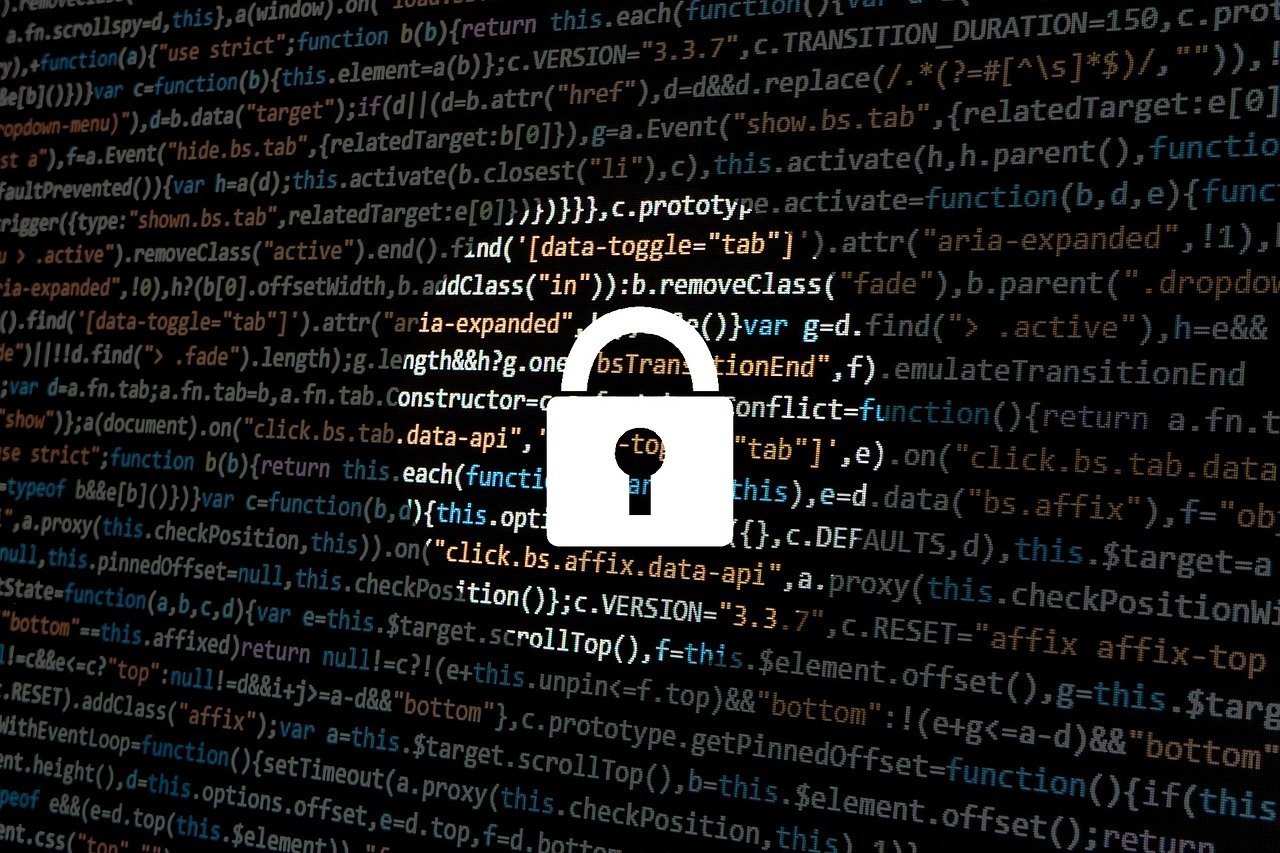Digital democracy refers to the use of technology to augment and facilitate democratic processes. Recently in Pakistan, this topic has generated much discussion and debate. I will examine how digital technologies and cybersecurity threats have helped promote democracy while also outlining challenges that must be met to realize its full potential.
One way in which digital technology is being utilized to advance democracy in Pakistan is via social media platforms, specifically social networking sites (SNSs). Citizens have found them invaluable as an engagement and mobilization tool; during the lead-up to 2018 general elections they were used extensively by voters and political organizations alike for mobilizing young voters as well as raising awareness on voting’s significance and its importance among other things. Furthermore, SNSs provide citizens with a voice platform allowing them to raise concerns, demand transparency from elected representatives and more transparency overall from government representatives (see SNS on Social media for further details).
Utilizing technology to optimize electoral processes
One key component of digital democracy in Pakistan is using technology to enhance electoral processes. For instance, the Election Commission of Pakistan is actively using digitization in voter registration processes in order to increase transparency and reduce voter fraud potential. Furthermore, electronic voting machines have been proposed as one way of improving voting accuracy and efficiency.
Accessibility issues to digital technology remain a challenge in rural parts of India.
Even with these encouraging developments, significant obstacles remain that must be surmounted in order to realize the full potential of digital democracy in Pakistan. A major impediment is accessing digital technology in rural areas – this has created a digital divide with urban citizens more likely to utilize tools that allow them to engage with democracy than rural citizens who remain excluded.
One major challenge facing Pakistan is lack of digital literacy among citizens. Many citizens do not understand digital tools and cannot participate in digital democracy – particularly older citizens and those with limited education.
Pakistan’s digital democracy faces various hurdles due to government censorship and internet shutdowns, limiting citizens’ ability to access information and engage in political debate.
Digital democracy holds immense potential to enhance and facilitate democratic processes in Pakistan:
However, to fully unlock its potential there are significant obstacles that must be surmounted – increasing access to digital technology and literacy among citizens, while fighting government censorship and internet shutdowns. Pakistan must lead by example here by providing equal access and education for all its citizens as well as building an open digital infrastructure accessible by all.
Social media has emerged as an indispensable means of political engagement in digital democracy, providing citizens a means to participate in political discussions, share information and ideas, mobilize for social and political change and participate in political mobilization campaigns.
Increase civic engagement capacity.
Social media plays an essential role in political participation through its ability to facilitate civic engagement. The Social media platforms provide citizens with a space in which to discuss topics of concern and organize political activism – leading to citizen-led movements such as Arab Spring in which social media was an indispensable means of organizing citizens to demand political reform.
Social media plays an integral part in increasing government transparency and accountability. Through it, citizens can quickly gain access to information on their representatives’ activities, holding them responsible for any inconsistencies between promises made and actions taken by representatives and actions taken by government officials. It also gives citizens a voice within government by demanding transparency and making their voices heard.
Social media and political participation is defined as reaching a larger and more diverse audience:
Traditional forms of political participation such as town hall meetings and rallies tend to draw only a fraction of the population; social media can reach further and allow more diverse voices to be heard, leading to more inclusive and representative democracy.
But social media and political participation also come with potential drawbacks. Misinformation and fake news spread on social media platforms may cause confusion and mistrust among citizens, while governments could use social media platforms like these to silence dissenting voices and control narratives.
Social media platforms have emerged as essential platforms for political participation in digital democracy:
Increased civic engagement, transparency, and accountability within government are hallmarks of representative democracy. However, social media also poses unique challenges such as misinformation dissemination or government control over narratives; to ensure free flow of information while mitigating any possible drawbacks it’s vital that there be robust and independent media and press outlets which ensure free flow of news and counterbalance potential drawbacks.
Pakistan may become a digital democracy in the near future; although there have been positive developments using digital technology to support democracy. Yet significant challenges cybersecurity threats must first be surmounted.
Digitalization of voter registration and use of electronic voting machines are among the major goals.
On one hand, there has been an increase in Pakistan’s use of digital technologies in its electoral process, such as digitizing voter registration and using electronic voting machines. Social media platforms have been particularly effective at encouraging civic engagement while increasing transparency and accountability within government – suggesting digital democracy is making strides forward. These developments suggest progress for digital democracy in Pakistan.
Pakistan still faces significant hurdles to becoming a fully digital democracy, however. Chief among them are digital divides that exist among rural citizens, digital literacy being limited among citizens who cannot take part in digital democracy due to government restrictions and shutdowns, as well as government censorship limiting citizens ability to access information and participate in political dialogue.
Pakistan will need to invest in expanding access and literacy among citizens of digital technologies; further, an open and accessible digital infrastructure must be maintained; all while protecting citizens’ right to information access and freedom of expression.
Pakistan has seen some noteworthy achievements in using digital technology to advance democracy:
But to become a fully digital democracy, Pakistan must overcome significant challenges. Both government and citizens will need to join forces in order to make sure its digital infrastructure is open and accessible for all and provide an environment where citizens are able to fully participate in democratic processes.
Cybersecurity poses an existential threat to digital Pakistan. As more of life, including government services and financial transactions, are digitalized, the potential for cyber attacks has grown – potentially having serious repercussions for both individuals and the government alike.
One of the primary cybersecurity threats facing Pakistan is data breaches:
Hackers present an increased threat of identity theft, financial loss and loss of privacy for citizens stored online. Furthermore, data breaches may erode trust between citizens and government institutions.
Pakistan faces another cybersecurity risk from cyber attacks on critical infrastructure, including attacks against power grids, water systems and transportation networks. Such cyber-attacks may lead to widespread power outages, water shortages or disruptions of transportation networks. With disastrous repercussions ranging from outages, water shortages or delays to disruptions altogether.
Additionally, fake news and disinformation pose a cybersecurity threat by sowing seeds of confusion, mistrust and social unrest.
To combat these and other cybersecurity threats:
Pakistan must invest in robust cybersecurity threat measures, including strong encryption of sensitive data, firewalls and intrusion detection systems. And providing training on how to defend against cyber attacks. Furthermore, government must update laws and regulations related to cyber security, along with providing adequate enforcement mechanisms.
Cybersecurity threats present an extremely real danger for a digital Pakistan:
To safeguard personal and financial data, critical infrastructure, and combat disinformation effectively. The country must invest in robust cybersecurity threats measures. This requires collaboration among government, private sector and civil society entities as well as an ongoing commitment from each to stay current with emerging cybersecurity trends and technologies.
Pakistan is becoming increasingly concerned by the proliferation of fake news and disinformation. Both characterized by spreading inaccurate or misleading information with an aim of deceiving or manipulating others. Fake news and disinformation can have serious repercussions, including undermining trust between government institutions and citizens. And leading to social unrest, erosion of trust within society at large, as well as creating mistrust within institutions themselves.
One of the main ways that fake news and disinformation spread in Pakistan:
Social media presents another form of disinformation. Its ease of sharing coupled with low digital literacy among certain segments of the population can quickly spread false reports that cause confusion and mistrust among citizens, making it hard for them to identify fact from fiction.
Traditional media outlets in Pakistan also facilitate fake news and disinformation spreading, such as television and newspapers. Sometimes such outlets may be biased due to political or financial interests, spreading disinformation in order to further their agenda. Leading to distrust in media as a whole as well as diminishing credibility for government institutions and other bodies.
Fake news and disinformation can also be used as tools for political manipulation and interference. Including by foreign governments or non-state actors wishing to interfere in Pakistani politics and shape public opinion through disinformation campaigns.
Combatting fake news and disinformation in Pakistan:
Attaining digital literacy among citizens will require increasing cybersecurity threats, particularly in rural areas. Furthermore, governments and media organizations should take measures to promote media literacy such as providing fact-checking resources to citizens. As well as instructing them how to recognize and report false information. It’s vital to have robust independent media that can monitor disinformation campaigns, as well as an active civil society that monitors them both actively.
Fake news and disinformation in Pakistan is becoming an increasing cause for alarm, leading to confusion and mistrust among citizens. Political manipulation, interference, and even social unrest. Therefore it is vital that government and media organizations work collaboratively towards increasing digital literacy among their citizenry. While encouraging critical thinking skills among media consumers in order to counter disinformation campaigns.
Fake news and disinformation in Pakistan is becoming an increasing source of concern. These terms refer to any act that intentionally spreads false or misleading information with the intent to deceive or manipulate, often with malicious intentions. Fake news can have serious repercussions in Pakistan. Including erosion of trust in government institutions as well as potential social unrest.
One of the primary methods by which fake news and disinformation spread in Pakistan is via social media:
Social media platforms allow citizens to quickly share information. But due to low digital literacy among certain segments of society they may also spread false or misleading news stories quickly. Leading to confusion and mistrust among citizens that makes it hard for them to discern between fact and fiction.
Pakistanis can spread fake news and disinformation through traditional media outlets such as television and newspapers. Sometimes these outlets can be influenced by political or financial agendas and spread misinformation for their own agenda. Leading to distrust in media as a whole and diminishing trust for governments, institutions and other bodies.
Fake news and disinformation can also be used as tools of political manipulation and interference by foreign governments or non-state actors. Foreign governments or non-state actors could potentially use disinformation campaigns against Pakistan to sway public opinion and manipulate politics at home.
Combat the spread of fake news and disinformation in Pakistan:
Increase digital literacy among citizens, particularly in rural areas. Government and media organizations must take measures to promote media literacy by offering fact-checking resources. And teaching citizens how to identify and report false information. A robust independent media should exist. Which can counter disinformation campaigns while an engaged civil society monitors and reports such campaigns.
Conclusion:
Cybersecurity threats of fake news and disinformation in Pakistan pose a growing concern. Leading to confusion, mistrust among citizens, political manipulation/interference/interventionism/interventionistism as well as social unrest. Therefore it is crucial that governments and media organizations work collaboratively towards increasing digital literacy/media literacy among citizens. While cultivating an atmosphere of critical thinking/fact checking to combat disinformation spread by misinformation campaigns.





Very Well explained
Thanks
Nice work sir, thank you
Thanks
Excellent piece
Thanks
It’s very helpful..Thanku Sir
Thank you 😌
Well done sir 👍
Thanks
Outstanding 👍